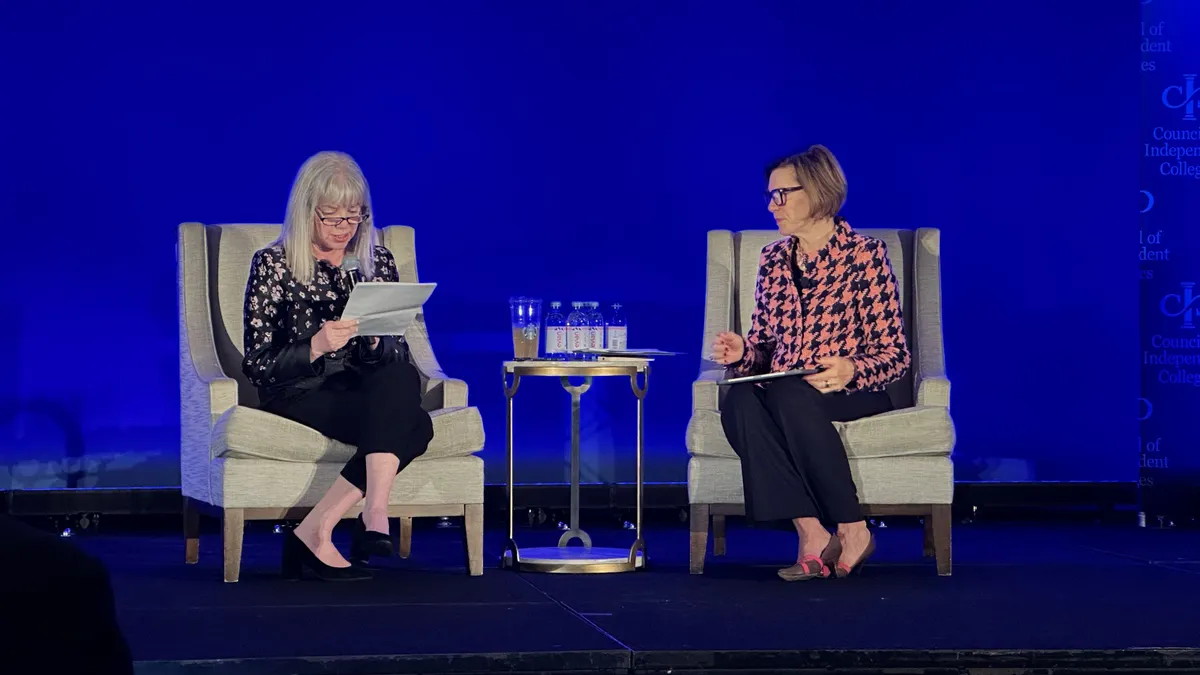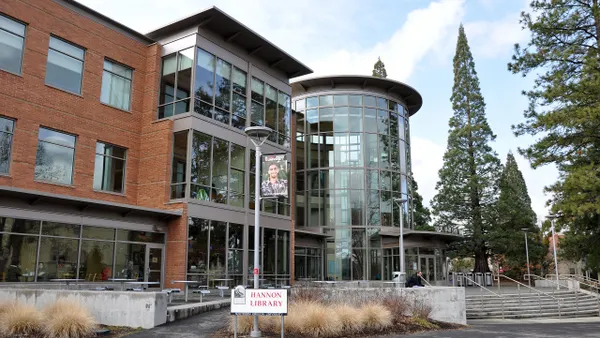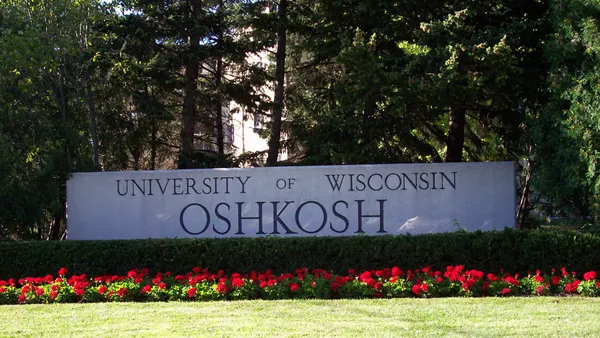Applying to college can often be overwhelming for students, who must untangle varying admissions policies and wade through heaps of paperwork.
The National Association for College Admission Counseling, or NACAC, shed light on some of that anxiety in a new survey it commissioned from The Harris Poll, released Thursday.
The findings confirm students are deeply apprehensive about the process — more than half of the roughly 1,000 students polled said applying to college was their most stressful academic experience to date. And about three-quarters reported fearing that one small application error could lessen their admission chances.
NACAC’s survey also illuminates student opinion about campus diversity and fairness of college admissions, topics that have taken on new importance following the U.S. Supreme Court’s ruling this summer deeming race-conscious admissions unconstitutional.
While the decision directly affects only the slice of institutions that don’t accept the majority of their applicants, higher ed leaders are concerned it will dissuade marginalized students from a college education.
Colleges, especially in the wake of the Supreme Court case, must redesign and simplify the application process to focus on students’ academic performance in K-12 education, said David Hawkins, NACAC’s chief education and policy officer.
Other enrollment considerations, like legacy preferences, tend to favor the White and the wealthy.
“This is not going to happen overnight,” Hawkins said. “But it’s critical we minimize that burden on students.”
‘A decisive moment’
The poll collected views from students aged 16 to 22. It found that more than three-quarters of students agreed that completing college applications felt like “such a decisive moment” in their lives.
However, responses differed based on racial groups, with 71% of White students reporting they felt like applying to college was a major life moment, versus 82% of Hispanic students and 85% of Asian students.
And only 42% of White students said college applications were their most stressful academic experience, compared to 60% of Black students, 61% of Hispanic students and 63% of Asian students.
More than 60% of students reported that college application advice had overwhelmed them, and nearly half said they felt pressured to apply to colleges they weren’t interested in attending.
The importance of diverse student bodies
One data point that stood out to Hawkins was the share of students that considered college admissions to be fair — 42% reported feeling it was rigged. While that’s a minority of students, Hawkins said it was “a wake-up call.”
Almost three-quarters of students also said the admissions process is significantly biased, and a similar share said that it “clearly advantages the wealthy and privileged.”
Hawkins said colleges must refocus the admissions narrative away from the band of selective institutions that tend to take headlines, as they don’t represent all of higher ed.
“It’s important for us to bridge that gap to some degree,” he said.
Hawkins also highlighted that about three-quarters of respondents said that diverse student bodies are “absolutely essential.”
Nearly 60% supported race-conscious policies, which the Supreme Court had preserved for decades until June’s decision. Until then, colleges were allowed to consider race as one factor in admissions but could not pursue racial quotas of any kind.
After the decision, practices like legacy preferences have come under more scrutiny. NACAC has not called for a wholesale abandonment of legacy admissions, but released a report in 2020 that urged institutions to consider dropping those sorts of policies if they harm campus equity.
Some colleges, including the selective Wesleyan University, have dismantled their legacy policies in recent months.
The COVID-19 pandemic has also changed the admissions process by spurring a rise in test-optional policies. Admissions professionals have credited upticks in application numbers and a more diverse candidate pool to optional SAT and ACT scores.
Survey respondents also seemed supportive of test-optional policies and test-free policies. Nearly 80% of students said these policies would encourage them to apply to an institution.















